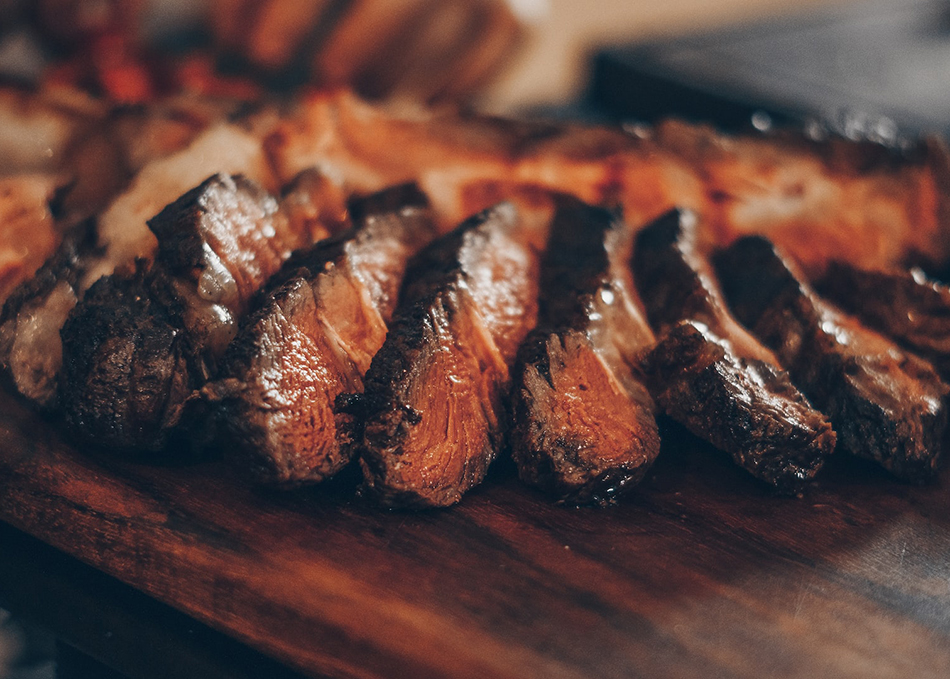With avian flu driving up the price of farmed fowl and eggs, biotech solutions to help us boost protein grow more important.
The problem becomes clear at breakfast: Eggs cost more as bird flu becomes endemic, and China’s loss of half their hog herd to swine flu battered bacon prices, says a Washington Post op-ed, which calls for biotech alternatives like lab-grown meat.
“It is kind of like the COVID of avian flu. Just when you think it’s gone, it comes back in another variation,” economist Robert Frick tells Semafor. “They thought that they’d had it knocked out by fall.”
Eggs had the biggest monthly and yearly price hike of any grocery item, Consumer Price Index data shows.
According to Semafor, Frick expects egg prices to start dropping in the next few month as the industry takes further steps to get the avian flu under control and increase the egg supply. He noted that other dairy items like milk and butter are up year-on-year.
“When you combine it all together, food prices are really painful now, maybe kind of the leading source of pain,” he said.
We have biotech solutions
With gene editing, we are able to develop birds resistant to avian flu. We can also prduce pigs resistant to deadly disease.
According to Iowa State University’s Veterinary College, Porcine Reproductive and Respiratory Syndrome (PRRS) is “the most economically significant disease to affect U.S. swine production since the eradication of classical swine fever.”
Genus PLC is a company that has developed pigs that are nearly identical to non-gene-edited pigs, “except they do not get sick from PRRS.”
The animal biotech market is also expected to grow rapidly in the coming years.
According to research from Polaris Industry Research, the worldwide animal biotechnology market—estimated at $22.59 billion in 2021—is anticipated to increase at a compound annual growth rate of 9.5% through 2030.
We’re also growing meat alternatives
UPSIDE Foods, which produces meat from animal cells cultivated in a lab, is getting close to FDA approval, said FDA Commissioner Robert M. Califf. The company says a cell line from one chicken can produce cultured meat for years, using less water and generating fewer greenhouse gas emissions.
The possibilities for biotech to build our food supply could be enhanced by policy to advance biotech solutions, including improved regulatory approval pathways, as well as better consumer education, experts say.




